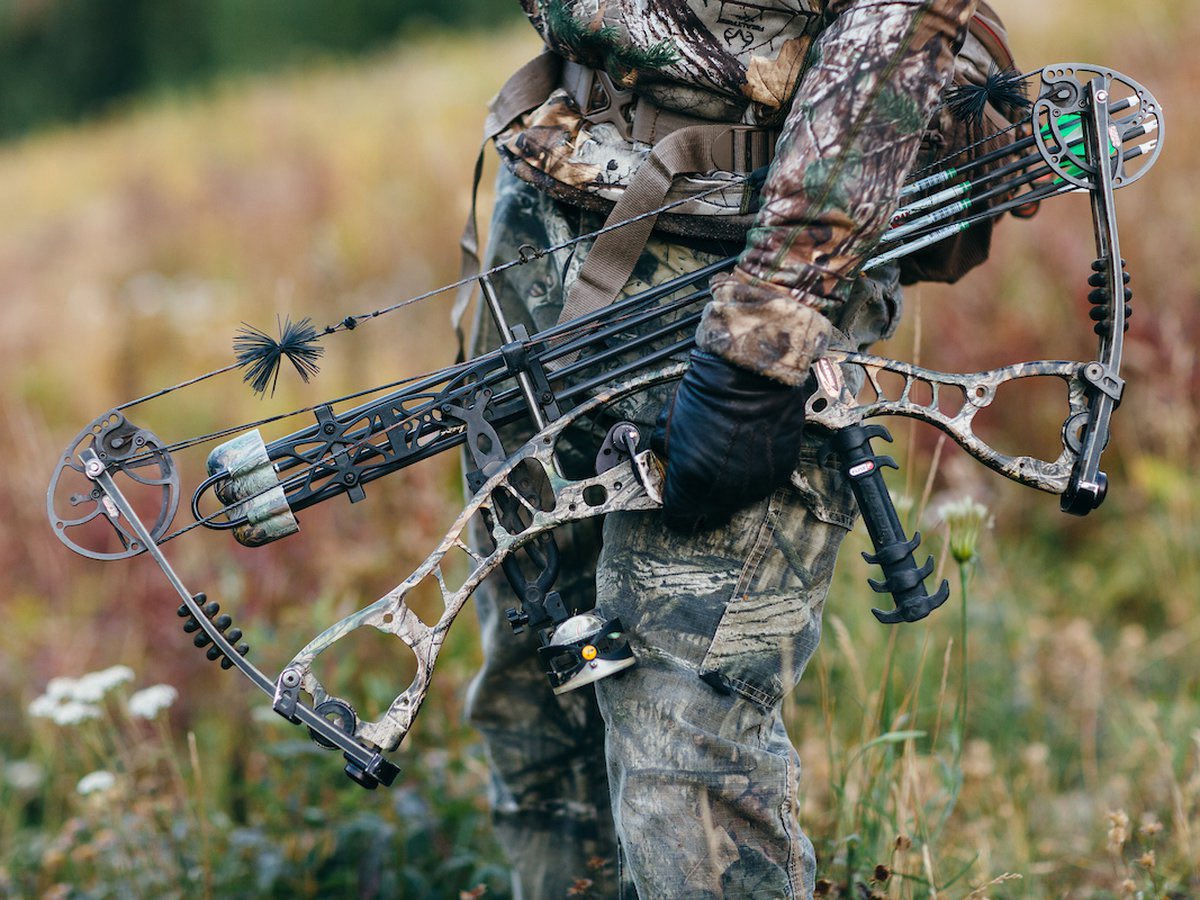Bolstered by testimony from biologists, the Rocky Mountain Elk Foundation and others, the Colorado Parks and Wildlife Commission unanimously adopted a total of 261,400 big game hunting tags for the 2025 hunting season.
The amount marks an increase of 10,200 licenses compared to 2024 with fewer pronghorn antelope and black bear tags but significantly more for deer, elk and moose, due mostly to rebounding populations of those species in the northwest part of the state since the severe winter of 2022-23. Statewide, Colorado Parks and Wildlife recommended 130,300 elk licenses, 92,900 for deer and 719 for moose.
“These recommendations are backed by hard biological data,” said Sam Carkhuff, RMEF volunteer. “This rebound comes after hunters accepted significant cuts just a few years ago to give these herds the chance to recover. That sacrifice is now showing real results, and it’s appropriate that license numbers reflect that.”
CPW recommended 17,900 pronghorn antelope licenses or a decrease of 300, and 19,700 black bear tags or 335 fewer than in 2024.
Commission members talked about herd performance and trends, survival rates, chronic wasting disease and population estimates thanks, in part, to the work of game managers and the contribution of hunters.
“The license revenue we (hunters) generate, funds over 60% of state wildlife agency budgets. That money fuels everything from habitat restoration to youth education programs and access for all outdoor users,” said Carkhuff. “Beyond funding, big game species elk and deer, as well as the other 900+ species, shape Colorado’s ecosystems. Their grazing behavior impacts plant diversity, soil health and water systems across the state. When big game herds are healthy and properly managed, everything from birds to pollinators to predators benefit. They’re not just part of the system they are the system.”
(Photo credit: Rocky Mountain Elk Foundation)
